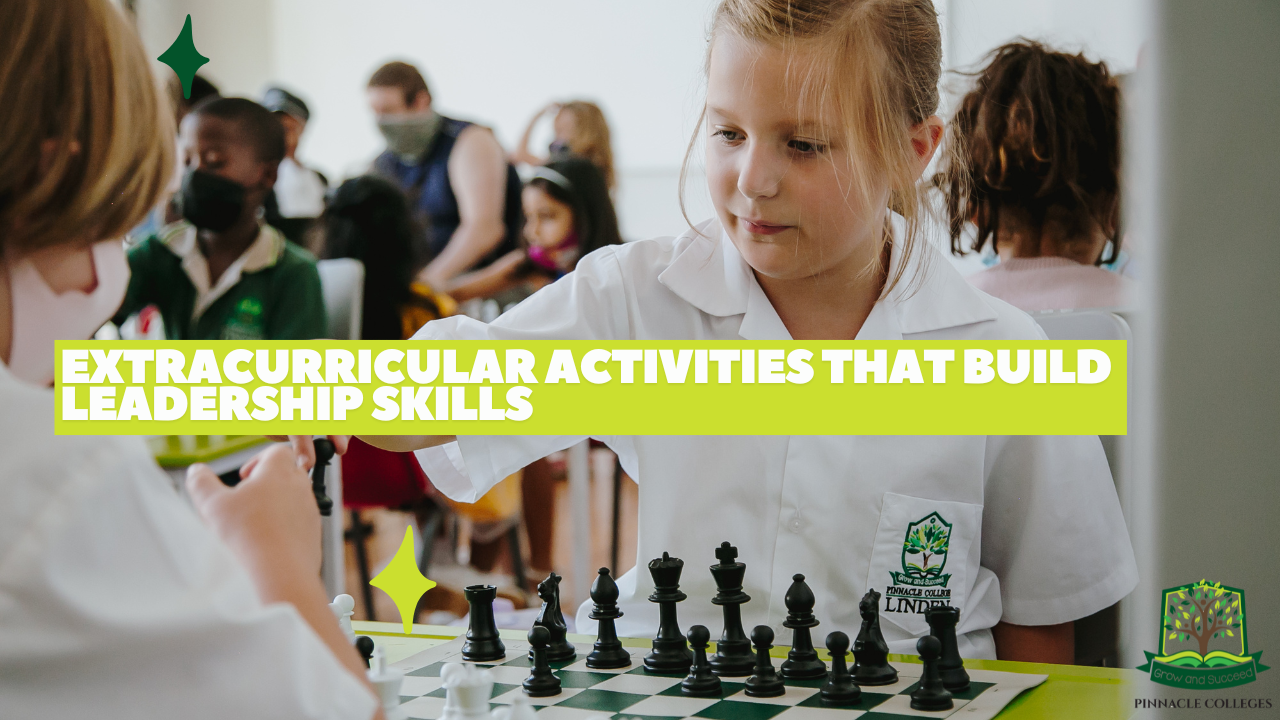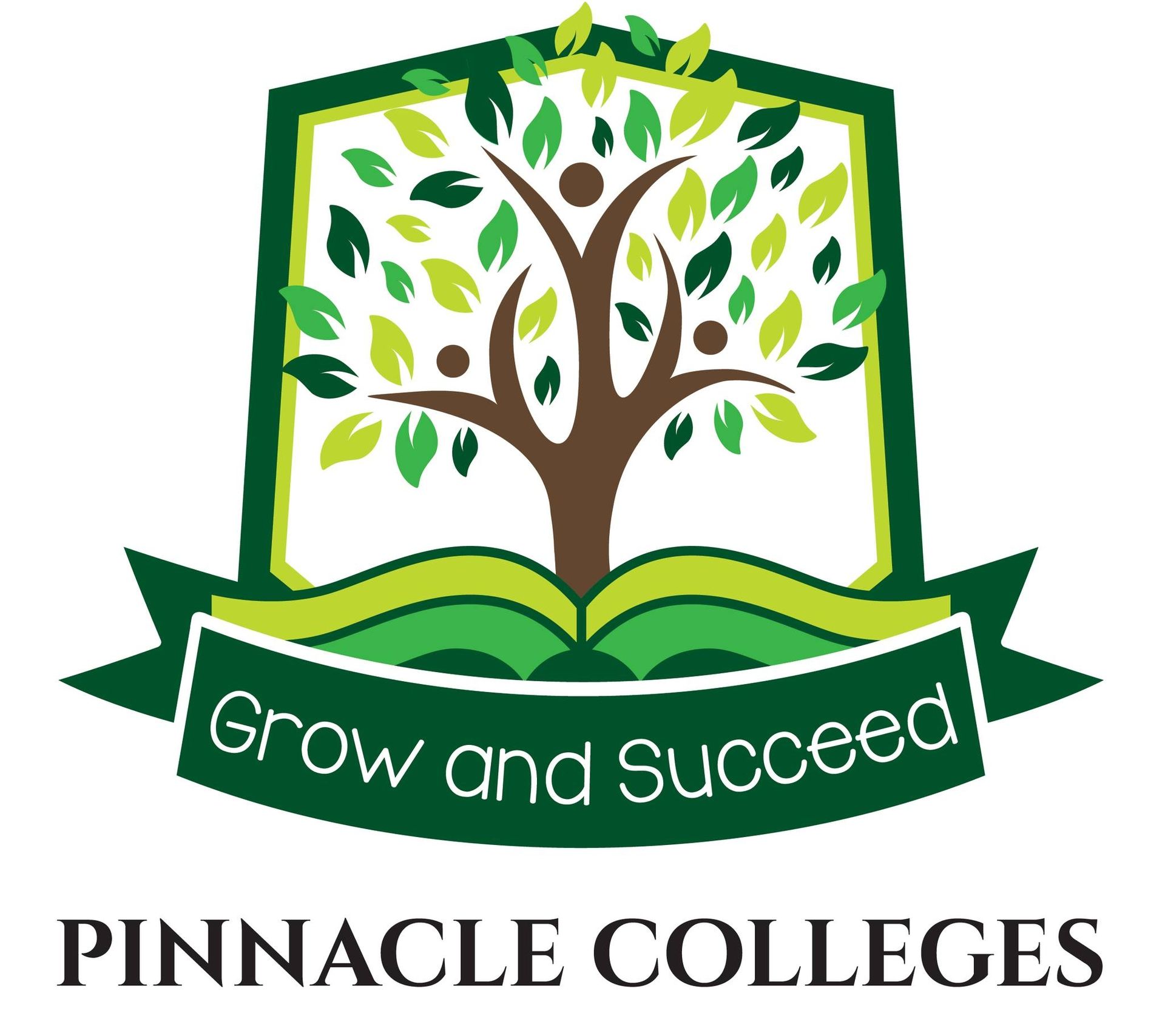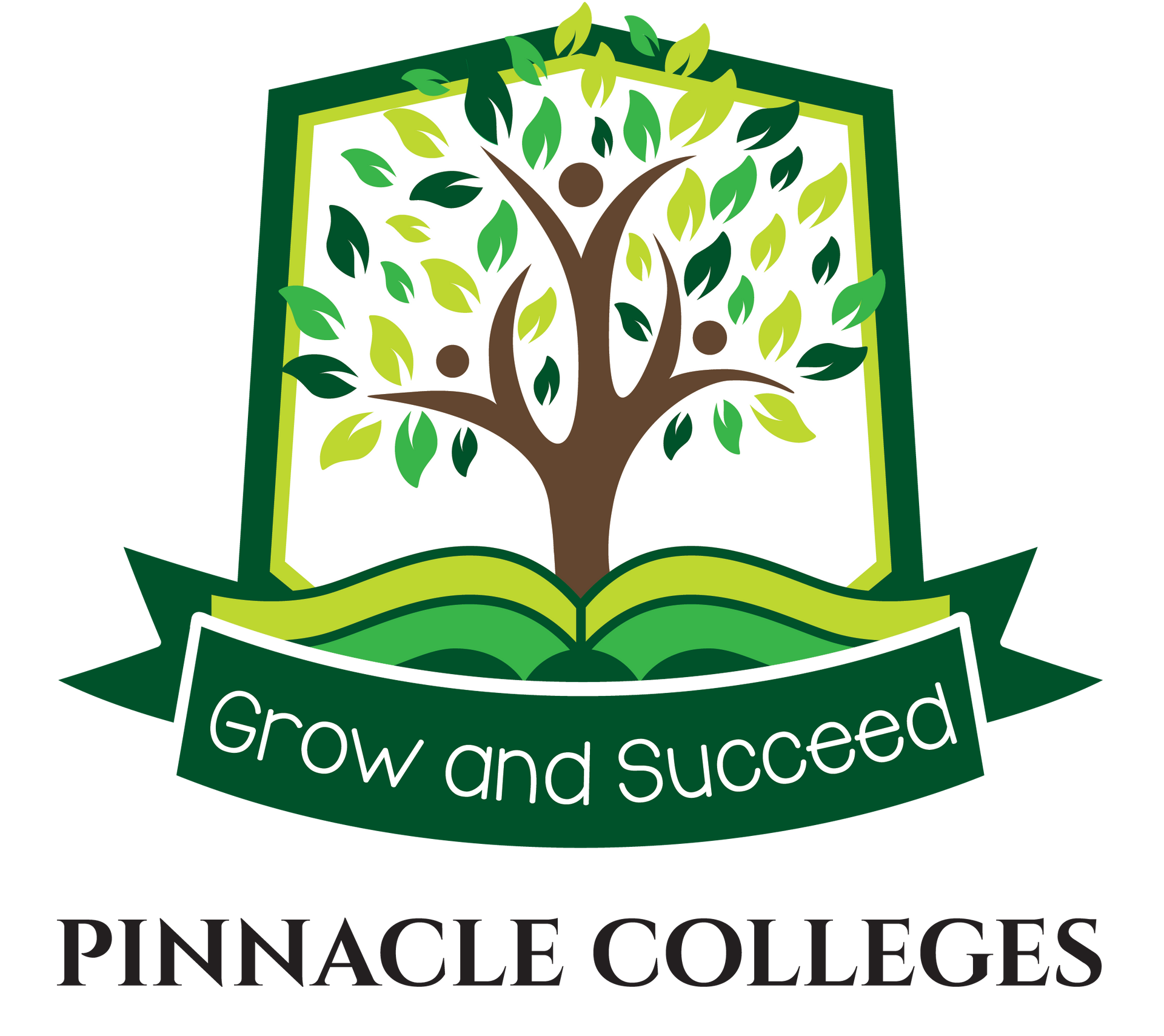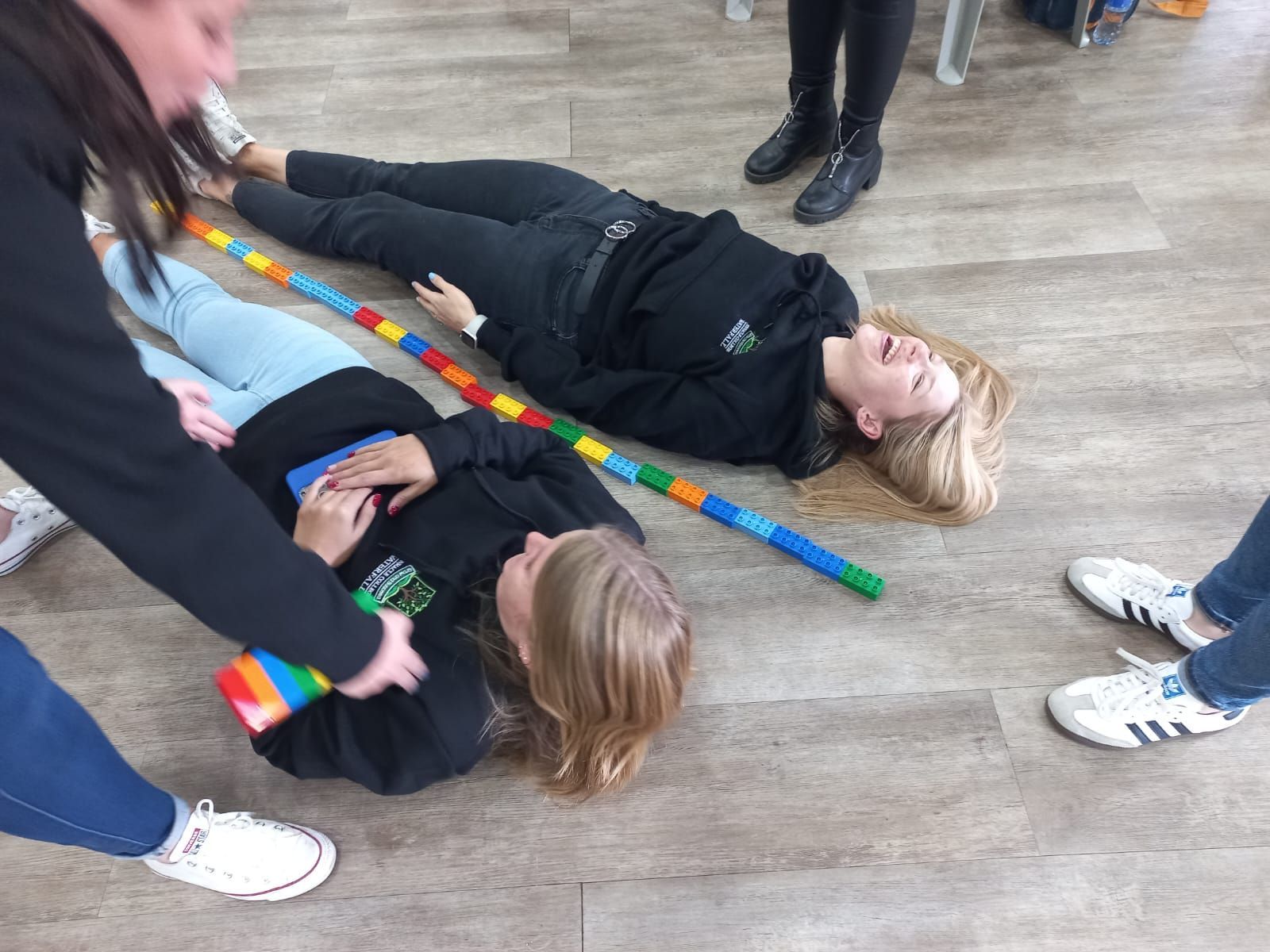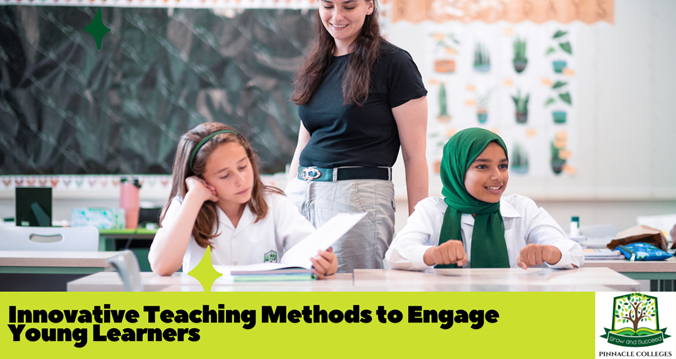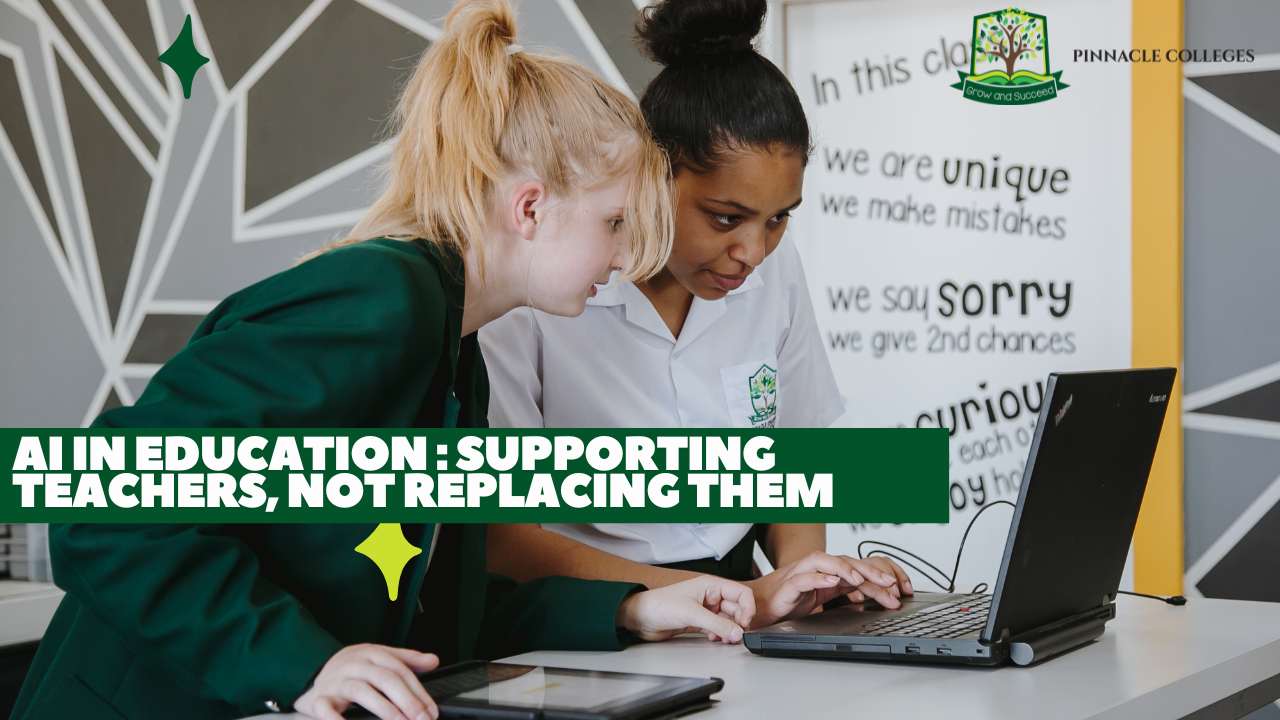LEGAL DEGREES 101: WHAT YOU NEED TO KNOW ABOUT STUDYING LAW IN 2023
Are you considering a pursuing a legal career?

As Matrics consider their study options for next year, many are drawn to the idea of pursuing a legal career, based on how it’s portrayed in popular culture including movies, television and most recently, the Johnny Depp vs Amber Heard trial. Others might be put off by these representations of the legal field, feeling that they don’t have the stomach for so much rough and tumble, especially if they are introverts.
But the legal field is extremely varied and have streams that will appeal to many people, regardless of their personality, and with infinitely more career possibilities than just trial law in court, an education expert says.
“Studying law opens many doors across the economy, as there is not one area of our lives that is not regulated by rules such as, for example, road rules, company rules, building laws, and so forth,” says Bronwyn Le Ann Batchelor, Head of Faculty: Law at The Independent Institute of Education, SA’s largest and most accredited private higher education provider.
“Additionally, there are various options in terms of qualifications in the legal field, which provides entry into various careers,” she says.
These include, for example:
- BCom in Law - General management, legal advisor, corporate governance.
- BA in Law - Legal advising, paralegal, alternate dispute resolution practitioner, mediator, corporate communications practitioner, legal researcher, court reporter, legal writer, online content manager, criminologist.
- LLB - Career options in both the public or private sector. You can start your own practice, work for a small organisation (for profit or even an NGO) or even a large company.
“When considering your career vision, it is important to find your passion and link that to the associate career which could be any of the following: an advocate, attorney, prosecutor, legal advisor at one of the Chapter 9 institutions, alternate dispute resolution, community law advising, paralegal office advisor, any form of drafting, family-law practice, general commercial mediation, legal education, legal research, and non-governmental legal advising,” Batchelor says.
But she warns prospective students to ensure they properly vet their institution before signing up, as an LLB is a professional qualification which means it is important to study at a credible registered institution that has complied with the legal requirements for accreditation of the qualification. The institution must also be able to demonstrate that they have met the necessary standards in order to produce work ready graduates with the necessary attributes.
“When selecting where to study, it is important to consider the skills needed to become a lawyer or any form of legal professional. The institution where you study should prepare you for the world of work in as many ways as possible, and some universities unfortunately have not kept up adequately with modern workplace demands.
“Law is always evolving so it is important that the higher education institution you select is on the cutting edge of the most recent developments in the content and skills to be taught to their students, which translates into a work ready graduate.”
When considering which qualification to go for, prospective students should be sure to understand the various streams, and what these will qualify them for post-graduation.
“There are a few ways in which an LLB Degree can be obtained, but not all Higher Education providers offer the different stream options so this is also an important consideration,” Batchelor says.
She says options broadly include the following:
- Straight LLB (4 years)
- A selection of one of the streams (a 3-year BA in Law or BCom in Law) followed by an LLB Degree (which can often then be completed in 2 years).
The latter stream results in two qualifications in five years. There are pros and cons to proceeding with either option, Batchelor says, adding that after completion of the BA in Law or BCom in Law students can elect to proceed with a different postgraduate qualification that is not necessarily law related.
“It is important to consider the criteria and requirements of both options as well as your long-term aspirations, for example if owning your own law firm is your goal, it may be beneficial to have some commercial background by doing a BCom in Law first followed by an LLB.
“Making the call on which stream to follow can be challenging, so if you need additional insight and support, speak to student advisors at a reputable higher education provider to help you,” Batchelor advises.
She says prospective students should also look beyond traditional law degrees, and see what contemporary degrees might better align with their aspirations. For instance, The IIE LLB degree offered on its IIE Varsity College and IIE MSA campuses has a number of elective modules which are unique and new to the legal profession, such as Integrative Law and Street Law.
And the good news for Matriculants who do not meet the necessary entry requirements, is that it doesn’t mean the end of the road for them if law was on their study radar, Batchelor says.
“You can still study law by way of completing a Higher Certificate like a Higher Certificate in Legal Studies and thereafter articulating to a Bachelor’s Degree. The Higher Certificate will also empower you to work in a legal office environment after a year of study and upon qualification.”
Batchelor says anyone interested in Law as a career should ensure they do as well as possible in English in high school, as language is of crucial importance in the legal field. Not only to meet admission requirements, but because of their prospects of being successful in study and work. In general, most admission requirements for law degrees entail a Bachelor’s pass and a specific marks requirement for English. Some (but not all) also have requirements for Maths, Maths Literacy or Technical Maths marks.
“When evaluating where you want to study law, be sure to find a higher education institution that is responsive to change – change in content as well as format of learning. Enquire about recent additions and change to curricula, and new ways of working. If the registrar’s or student support office can’t or won’t respond to these questions, keep looking. You don’t want to qualify with an outdated, purely academic qualification only to find you are not able to function in the real world.
“Also, ensure that the institution focuses strongly on work-integrated learning – the golden thread that must be woven throughout the curriculum to ensure graduates have the necessary skills to enter the industry competently and confidently.”
ENDS
Issued by: MEROPA COMMUNICATIONS
On behalf of: THE INDEPENDENT INSTITUTE OF EDUCATION
www.theworldofwork.co.za or www.iie.ac.za
Note to editor:
The Independent Institute of Education (The IIE) is a division of the JSE-listed ADvTECH Group, Africa’s largest private education provider. The IIE is the largest, most accredited registered private higher education institute in South Africa, and the only one accredited by The British Accreditation Council (BAC), the independent quality assurance authority that accredits private institutions in the UK. By law, private higher education institutions in South Africa may not call themselves Private Universities, although registered private institutions are subject to the same regulations, accreditation requirements and oversight as Public Universities.
